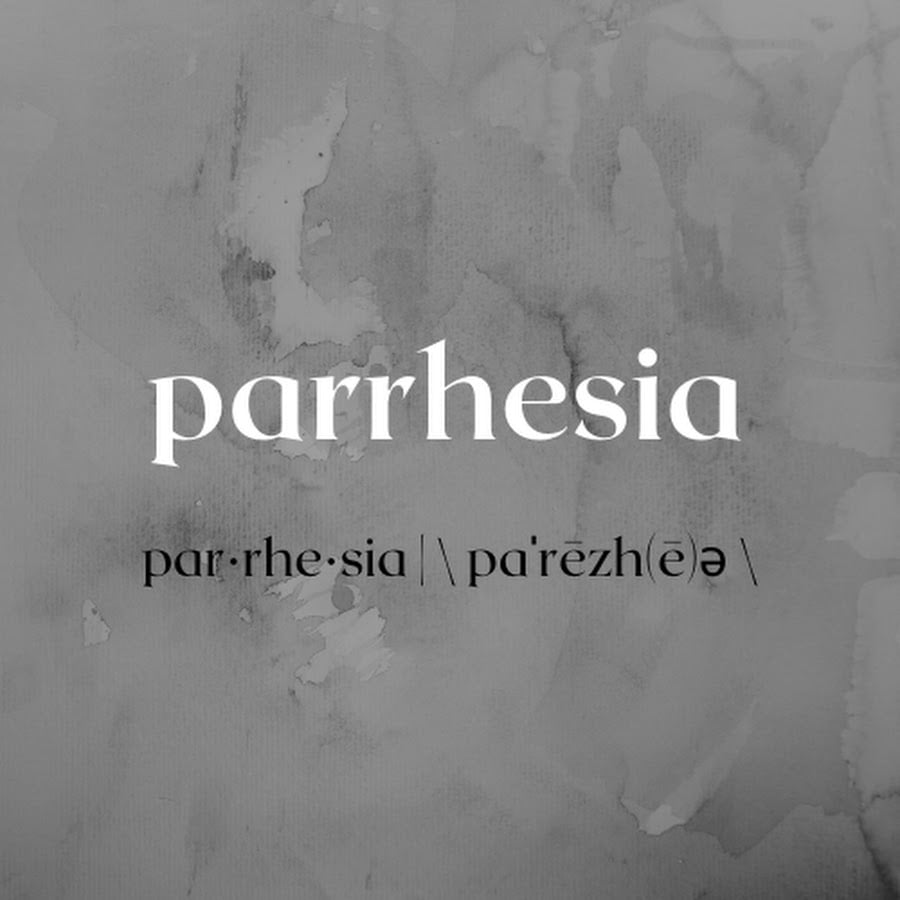From Konya Ereğli to Istanbul: My Grandmother’s Story


DENÇA DEĞİRMENCİ
In our “Kov Kovi” gatherings organized by the Parrhesia Collective, we’ve been talking for a while about the women of two generations before us. In each meeting, each conversation, we hear stories that are different yet somehow so similar.
Sometimes these narratives extend to a sweet piece of advice, other times to a life intersected by war or migration.
I was very lucky growing up; I had the chance to spend plenty of time with both of my grandmothers. That’s why the “Kov Kovi” gatherings helped me rethink the stories they told me and understand them more deeply.
Today, I want to share with you the life story of my grandmother Pakra—a story that stretches from Konya Ereğli to Istanbul—which she used to tell me like a fairy tale, sometimes while feeding me, sometimes while putting me to sleep, and sometimes just to keep me entertained.
My grandmother was born in the 1940s in Konya Ereğli as the middle child in an Armenian family with five children. She would always talk about how peaceful it was for them to live in Ereğli, a region where the Armenian population was smaller compared to other Anatolian cities. She used to say that they kept all the Armenian traditions alive and celebrated holidays with great enthusiasm. She would tell me how they dyed eggs with onion peels during Easter and how, despite living in a city without a sea, they would always eat fish on Htum (the eve before Easter).
But one of her memories that affected me the most was the one about baptism. Since there wasn’t an Armenian church in Ereğli in the 1940s, her father, Artin, used to bring a priest from Kayseri for baptisms. All the unbaptized children of that time would gather in her house for one day, the shutters would be closed, and in complete silence, without anyone hearing, they would be baptized together. That’s how my grandmother was baptized at the age of 7.
During the Republican era in Konya Ereğli, there were neither Armenian churches nor Armenian schools. That’s why she couldn’t learn Armenian. In every conversation, I could deeply feel the sorrow this absence left in her.
But things had been different during her father’s time. There were two Armenian schools and a church in nearby neighborhoods. Her father had studied in one of those schools for a while; on the back of the old photos my grandmother showed me, there were Turkish notes written in Armenian letters by her father. My grandmother always carried the bitterness of not being able to learn her mother tongue. That’s why she always watched me go to an Armenian school and speak Armenian with love and pride.
From a very young age, my grandmother had a great desire to study. “If I had been born in Istanbul, I would have become a surgeon,” she always said. Knowing her well, I can confidently say that she truly would have. Unfortunately, despite her wishes, she was only able to finish primary school. At that time, for those living outside of Istanbul, being both Armenian and a girl made continuing to middle school nearly impossible. Even her older brother, the only son in the family, faced challenges when he started middle school and eventually had to drop out.
Having experienced these limitations firsthand, my grandmother always placed great importance on my education. Her value for learning and her determination became one of the most precious legacies she passed on to me. Throughout her life, she never taught me any housework; all she wanted was for me to focus on my studies. Even now, whenever I feel overwhelmed while studying, I remember my grandmother, her advice, and I feel deep gratitude for the opportunities I have.

Her story in Ereğli ended when she got married at the age of 17 and moved to Istanbul with my grandfather. At that time, Armenian families would marry off their daughters at a young age to Armenian men to protect them. That’s how my grandmother got married and came to Istanbul for the first time—for her own wedding.
It was also the first time she saw a church, dressed in her bridal gown. She was so mesmerized by the grandeur that even years later, her eyes would shine with the same admiration whenever she spoke of it. However, no matter how impressed she was, she said she kept her gaze down throughout the wedding so no one would say, “She’s from Anatolia, looking around like she’s never seen anything.” Among the countless stories my grandmother told me, this might be the one that moved me the most.
After getting married, one of my grandmother’s biggest dreams was to have a daughter to whom she could give the opportunities she never had. But first, she had two sons, then two grandsons… and finally, I was born. Maybe that’s why every achievement of mine, every step I took, held a different meaning for her. During the 17 years we spent together, she was happy watching me grow up; and I drew strength from listening to her stories. The more I made her happy, the happier I felt .
Today, as we approach the fourth anniversary of her passing, being able to share her story with you fills my heart with indescribable joy and deep peace.



